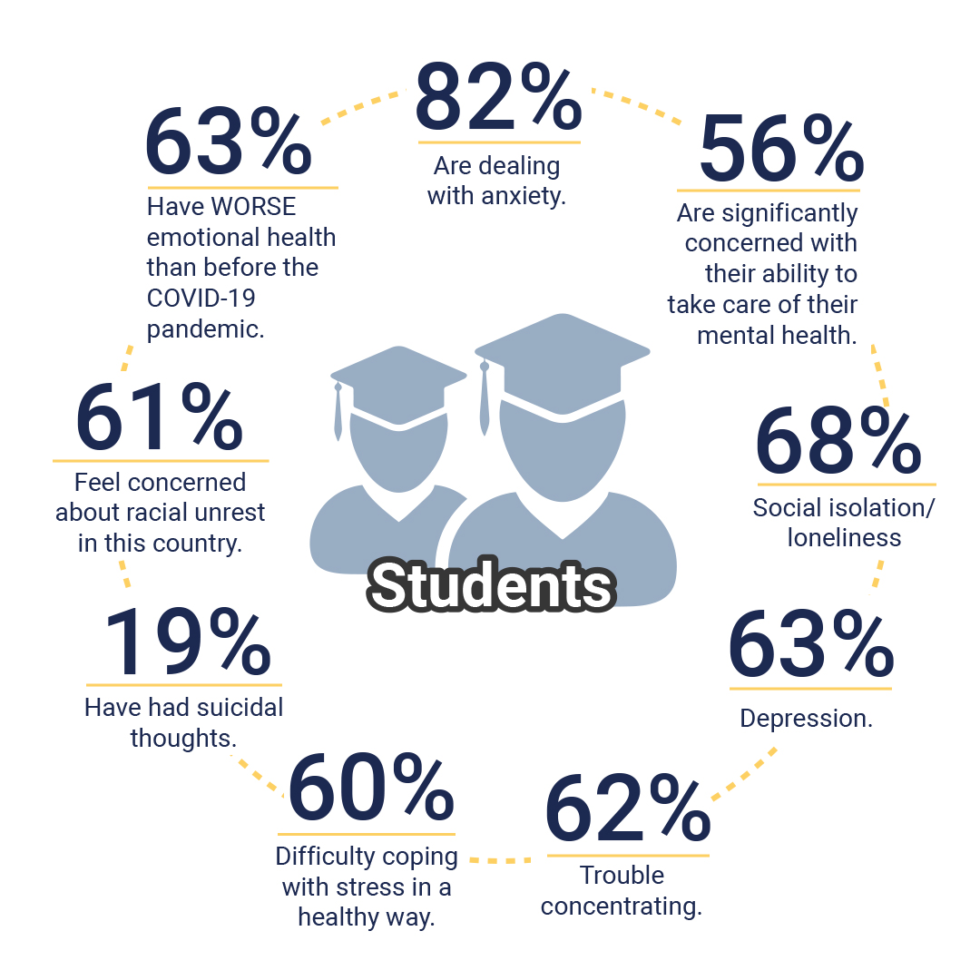
In today’s fast-paced world where stress and uncertainties seem to be around every corner, taking care of our mental health has never been more crucial. Mental health, often overlooked or stigmatized, is a vital aspect of our overall well-being. It encompasses our emotional, psychological, and social well-being – influencing how we think, feel, and act in daily life. However, with the right tools and support, navigating the intricate maze of mental health challenges can lead to resilience, growth, and better overall quality of life.
Causes of Mental Health Issues
Many factors can contribute to the development of mental health issues. Genetics plays a significant role, as individuals may inherit a predisposition to conditions such as anxiety or depression. Additionally, environmental stressors, such as traumatic experiences or chronic stress, can impact mental well-being.
Furthermore, lifestyle choices can also influence mental health. Poor diet, lack of exercise, substance abuse, and inadequate sleep can all contribute to the onset or exacerbation of mental health issues. It is crucial to prioritize self-care and adopt healthy habits to support overall mental well-being.
Social determinants, including socioeconomic status, access to resources, and support systems, can also affect mental health. Marginalized communities may face additional challenges that impact their psychological well-being. Addressing these societal factors is essential in promoting mental health for all individuals.
Common Mental Health Disorders
Anxiety disorders are among the most prevalent mental health conditions, affecting people of all ages. Symptoms can range from excessive worry and fear to physical manifestations such as panic attacks and restlessness.
Depression is another common mental health disorder that can significantly impact a person’s daily life. Feelings of sadness, hopelessness, and loss of interest in activities once enjoyed are typical symptoms experienced by those with depression.
Mental Health Continuing Edcuation
Attention-Deficit/Hyperactivity Disorder (ADHD) is often diagnosed during childhood but can persist into adulthood. Individuals with ADHD may struggle with focus, impulse control, and hyperactivity, which can affect their relationships and performance at work or school.
Strategies for Managing Mental Health
First and foremost, prioritizing self-care is essential in navigating the complexities of mental health. This involves engaging in activities that bring joy and relaxation, such as exercise, meditation, and spending time in nature. Setting boundaries, saying no when needed, and delegating tasks are important aspects of self-care.
Developing a strong support system can significantly impact mental well-being. Surrounding oneself with positive and understanding individuals can provide a sense of belonging and comfort during challenging times. Seeking professional help from therapists or counselors can also offer valuable guidance and support in managing mental health effectively.
Practicing mindfulness and being present in the moment can help in reducing stress and anxiety levels. Mindfulness techniques, such as deep breathing exercises and grounding exercises, can aid in calming the mind and fostering a sense of inner peace. Taking time to reflect, journal, or engage in creative pursuits can further contribute to a balanced state of mental health.
